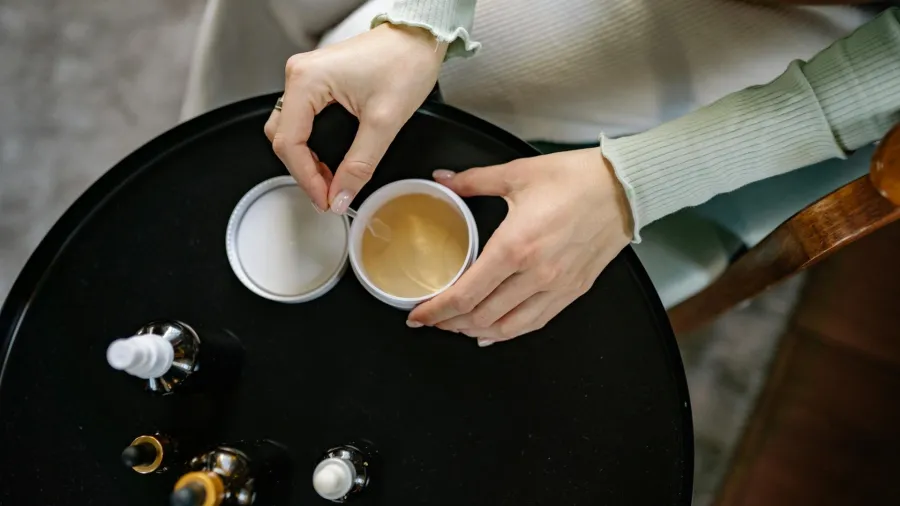
K-beauty sector rebounds with $4.9M in early 2025 funding
It raised a total of $453m to date.
The K-Beauty industry is showing signs of recovery, with startups raising $4.9m in funding during the first four months of 2025, according to a report by Tracxn.
The worldwide popularity of K-Beauty is attributed to its high-quality products, natural and innovative ingredients, unique formulations, and the widespread influence of Korean pop culture, including K-pop, K-dramas, and social media.
The K-Beauty sector reached peak funding in 2016 and 2018 with $186m and $148m raised, respectively. However, the sector experienced a sharp downturn in 2024, recording its lowest funding in a decade at just $975,000—a 90% drop from the previous year.
Despite the downturn, the sector has accumulated $453m in total funding across 74 startups.
South Korea leads the market with $250m raised, followed by the U.S. with $199m and India with $4m. Over 55% of global K-Beauty funding has gone to South Korean companies.
In 2022, 2023, and so far in 2025, all funding came from early-stage rounds. These have made up nearly 28% of total sector investment in the past five years.
Meanwhile, late-stage funding—which once made up 69% of total funding—has been inactive since 2019.
Seed-stage deals have totaled $15.3m to date, with $957,000 raised in 2024. No seed-stage deals have closed so far in 2025.
Top-funded companies include Memebox ($193m), GP Club ($67.5m), and Clio Professional ($50.1m). Color cosmetics lead in category funding with $245m, followed by multi-category brands ($77m) and skincare ($46.5m).
Recent M&A activity includes Klpartners’ $129m acquisition of Manyo in 2025 and LG Household & Healthcare’s $120m acquisition of The Crème Shop in 2022. Two companies—GP Club and Mediheal—have achieved unicorn status. APR was the only K-Beauty IPO in 2024.
Leading investors include Goodwater Capital, Pear VC, and Altos Ventures. Seed-stage activity in the last two years has been led by 500 Global, Barlon Capital, and Blueprint, while khfamily.kr, Company K Partners, and Smile Gate Investment have dominated early-stage rounds.

















 Advertise
Advertise







